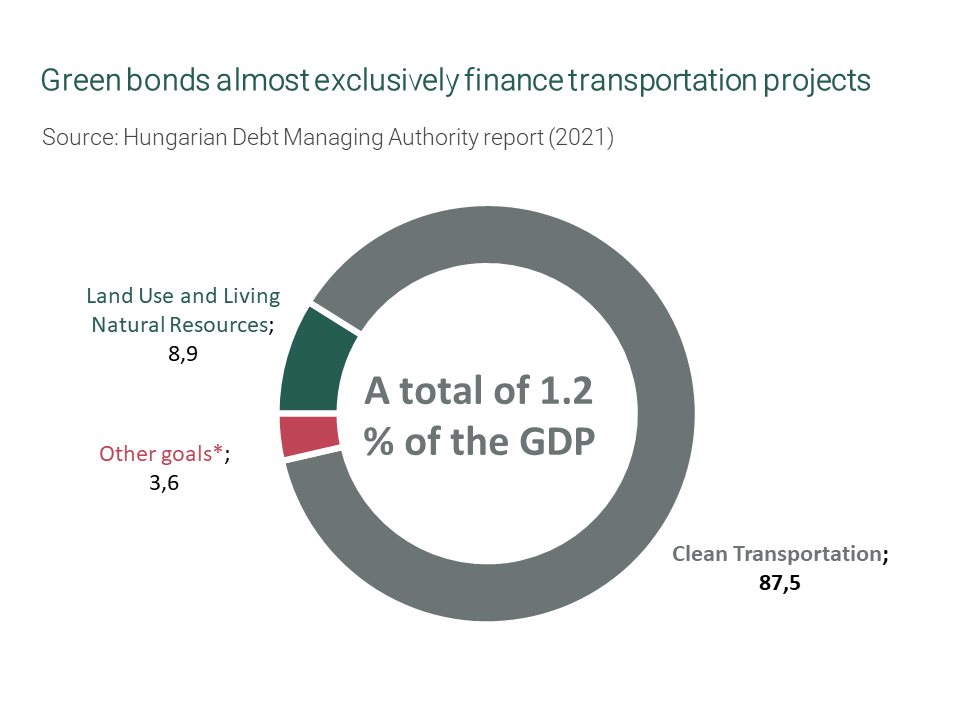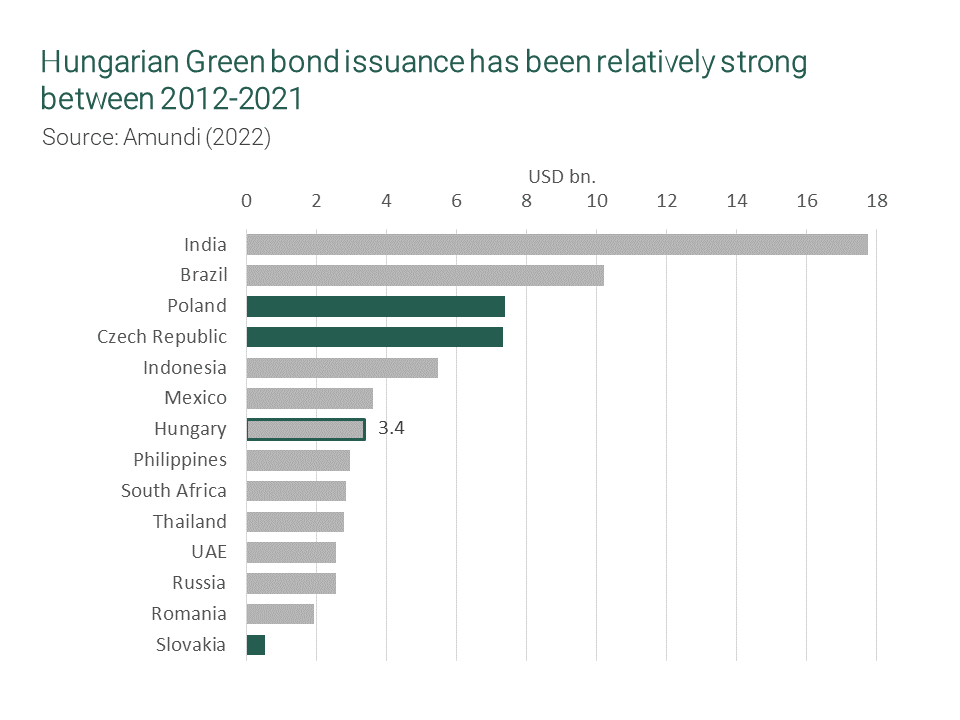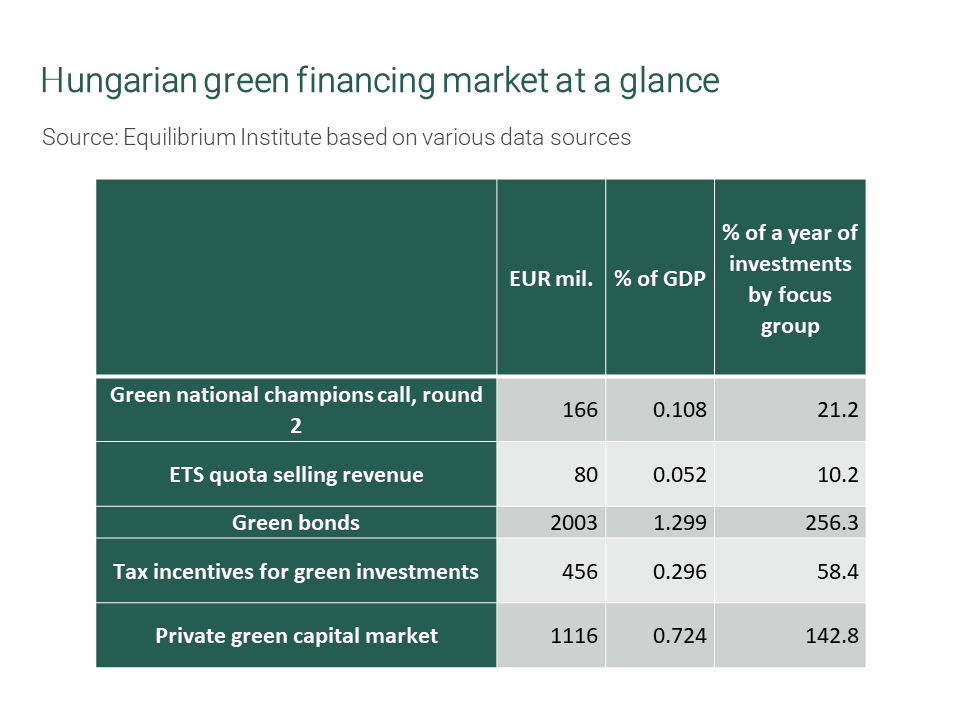Barriers to Industry Decarbonisation in Hungary
At the end of 2022, the Budapest-based Equilibrium Institute finished its analysis about the relevant Hungarian financial and regulatory environment to see where the barriers to the decarbonization of the heavy industries are. Can sustainable finance be the key to reducing emissions from heavy industries like cement, steel and chemicals? This is the central question of the project.

Heavy industries are difficult to decarbonise not only because of their high energy demand but also due to the technological characteristics of their production processes. However, technological change requires significant financial resources.
The Institute presents the different forms of financing available in Hungary, and it turns out from the analysis, that decarbonisation of the production processes of heavy industries is not a priority neither when planning the use of EU funds, nor when thinking about how state money will be spent.
When focusing on private capital, the picture is not very positive either: although the Hungarian Central Bank has a very forward-looking green capital requirement programme, it is not focusing on heavy industries at all. The programme is anyway set to phase out soon and there is uncertainty over its continuation in the light of the general monetary tightening.
Read the full report:
Project



Another difficulty linked to private financing is that risk pooling options like blended finance or hybrid forms of state support are missing from the green finance ecosystem.
When asking relevant stakeholders, the main message that was formulated was that for decarbonization, the adequate regulatory environment is as important or even more important than the availability of financial resources. In the sectors concerned, rules need to make both the contractors and the clients interested in choosing more sustainable solutions. A clear, predictable, and reliable policy environment is key to motivate industry actors in taking steps towards greening their production.
For the moment the lack of details, timing, and dedicated funding options for decarbonisation is a strong barrier for the hard-to-abate industrial sectors. The next step of the project will be to develop a realistic roadmap for the reduction of fossil fuel usage in these sectors.
Read the full report and learn more about the EUKI project Sustainable Finance for Industry Decarbonisation here.
Responsible for the content of this page is the named project: Sustainable Finance for Industry Decarbonisation
